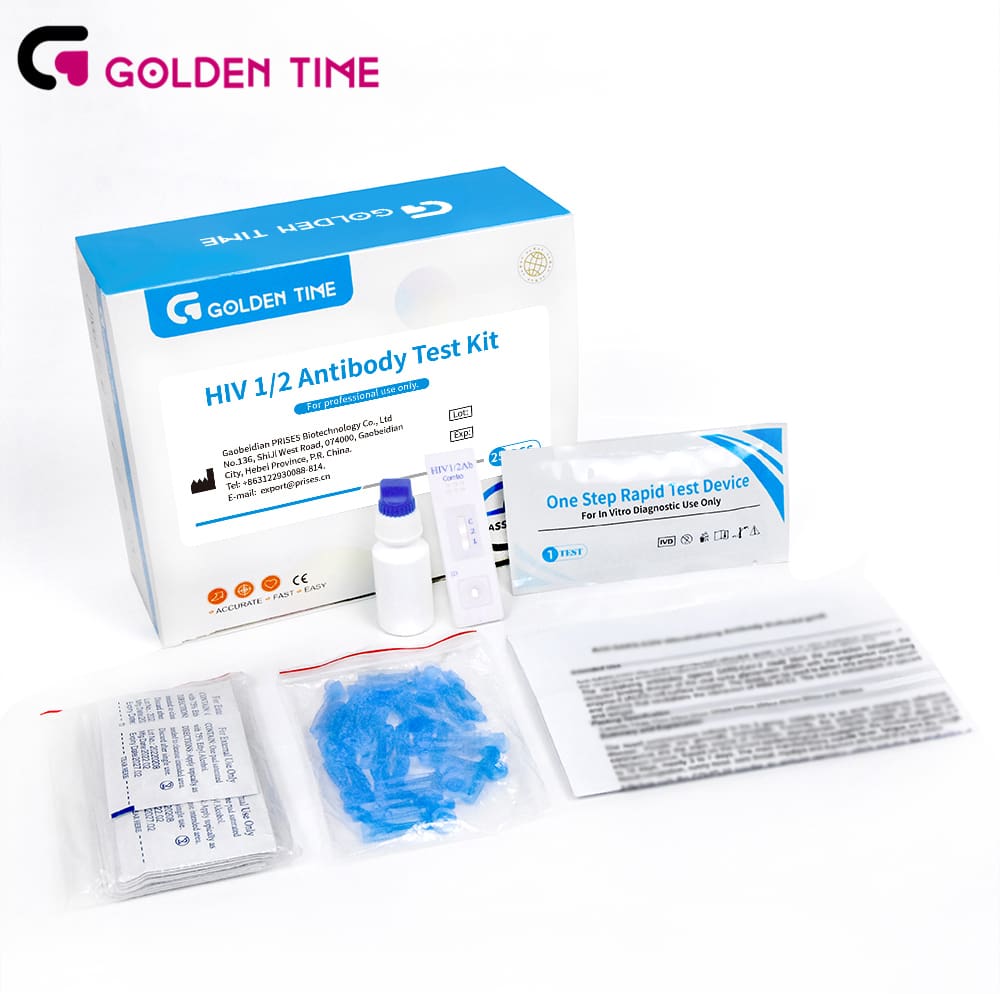Nov . 04, 2024 15:49 Back to list
Bulk Purchase of Affordable Urine Pregnancy Test Strips for Reliable Results
Understanding Wholesale Urine Pregnancy Test Strips A Comprehensive Guide
In today’s fast-paced world, the demand for rapid, reliable, and cost-effective health diagnostics has surged. Among these essential health tools, urine pregnancy test strips stand out as one of the most accessible options for women seeking early pregnancy confirmation. This article provides a comprehensive overview of wholesale urine pregnancy test strips, covering their functionality, advantages, market trends, and considerations for bulk purchasing.
How Do Urine Pregnancy Test Strips Work?
Urine pregnancy test strips work on a simple yet effective principle. They are designed to detect the presence of the hormone human chorionic gonadotropin (hCG) in urine, which is typically produced shortly after a fertilized egg implants in the uterus. Most tests can provide accurate results as early as the first day of a missed period, making them a preferred choice for many women.
The test strip usually consists of two regions the control line and the test line. When urine saturates the absorbent area of the strip, it travels along the strip via capillary action. If hCG is present, it binds to specific antibodies on the test line, indicating a positive result. The control line confirms that the test has functioned correctly.
Advantages of Wholesale Purchases
1. Cost Effectiveness Purchasing urine pregnancy test strips in bulk allows retailers and healthcare providers to significantly reduce costs per unit. This cost efficiency can be passed on to consumers, making tests more affordable.
2. Quality Assurance Many reputable suppliers offer high-quality products that adhere to strict regulatory standards. When sourcing wholesale, it is crucial to select vendors who provide reliable, FDA-approved testing strips.
3. Consistent Availability Bulk purchases ensure consistent inventory, reducing the risk of running out of stock during peak demand periods, such as around holidays or after major events.
Market Trends for Pregnancy Test Strips
wholesale urine pregnancy test strip

The market for urine pregnancy test strips is continuously evolving. Here are some notable trends
1. Increased Demand There’s a growing awareness of reproductive health, and many women prefer to conduct tests at home for privacy and convenience. This trend has spurred a steady increase in demand for home pregnancy testing.
2. Technological Advancements Innovations such as digital readouts and app connectivity are making urine pregnancy tests more user-friendly. Retailers who embrace these advancements can attract tech-savvy consumers.
3. Sustainability As awareness of environmental issues rises, many manufacturers are working on creating eco-friendly test strips with recyclable or biodegradable materials. This trend resonates particularly well with environmentally conscious consumers.
Considerations When Purchasing Wholesale
1. Supplier Reputation It's vital to partner with reputable suppliers known for their quality and reliability. Research potential vendors thoroughly and look for certifications and customer reviews.
2. Regulatory Compliance Ensure that the test strips comply with local regulations and standards to guarantee safety and reliability. Tests that meet FDA guidelines or similar regulatory frameworks are ideal.
3. Shelf Life Pay attention to the shelf life of the products. Pregnancy test strips usually have a long shelf life, but it’s crucial to verify this to avoid losses due to expired products.
4. Training and Support Suppliers that offer training on how to use the tests and interpret results can provide added value to retailers, ensuring that they can assist customers effectively.
Conclusion
Wholesale urine pregnancy test strips have transformed the landscape of at-home pregnancy testing, offering a reliable, affordable, and accessible solution for women seeking confirmation of pregnancy. By understanding the intricacies of the market, choosing reputable suppliers, and aligning with emerging trends, businesses can thrive while providing valuable health products to consumers. Whether you’re a retailer or a healthcare provider, simplifying access to accurate pregnancy testing can significantly impact women’s reproductive health and well-being.
-
Rapid Canine Corona Test: Fast & Accurate Results
NewsAug.06,2025
-
Rapid BZO Test Kit - Fast & Accurate Benzodiazepines Detection
NewsAug.04,2025
-
China Nylon Flocking Swabs - AI Enhanced Quality Collectors
NewsAug.03,2025
-
Highly Accurate hCG Pregnancy Test Strips - 5 Min Results
NewsAug.02,2025
-
Premium Empty ABS Plastic Cassettes: Durable & Lightweight Storage
NewsAug.01,2025
-
Accurate Cocaine (Coc) Rapid Test Kit | Fast & Reliable Detection
NewsJul.31,2025

